Why were they targeted?
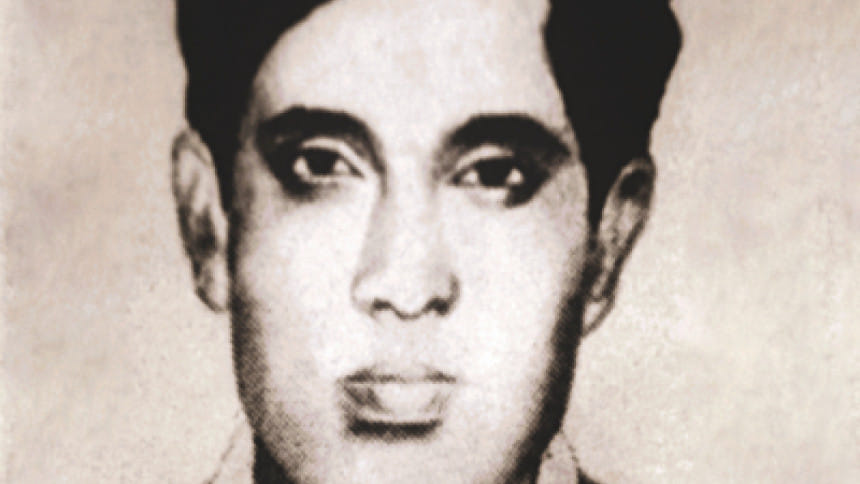
On December 9, 2018 the world observed the 70th anniversary of the adoption of Genocide Convention. That particular day has recently been declared by the UN as an occasion to commemorate the victims of genocide and work for its prevention. For us in Bangladesh, the day is closely linked with December 14 when in 1971, the Pakistan Army and their local collaborators launched a brutal operation to annihilate the leading intellectuals of the country. It is difficult to fathom the motive and rationale of such brutality but the texts of Genocide Convention can be a good option to revisit history and learn lessons from there. It is imperative that while confronting the brutalities of intellectual killing we refer to the Genocide Convention and the global understanding of mass atrocities which have shocked the world, to say 'Never Again'.
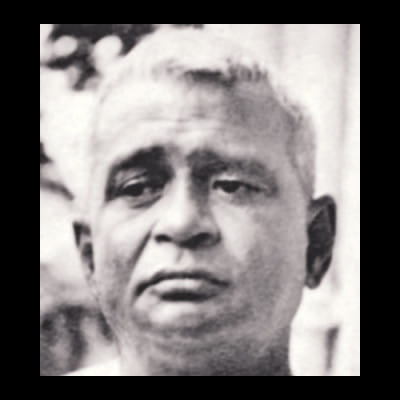
The Convention defined genocide for the first time in history and emphasized on the intent to destroy, either in whole or in part, members of any of the following groups, namely national, racial, ethnic and religious. The convention made a clear distinction between genocide and common killing or homicide. In homicide the individual is the victim, while in genocide it is the group. As genocide is directed against a large group and members are targeted not individually but as part of the group, organization of such massive brutality in most cases was sponsored by the state. As such genocide in most of the time was a state organised crime. Such was also the case of Bangladesh Genocide of 1971.
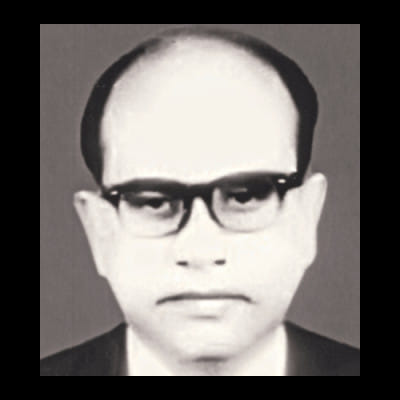
R.J. Rummel in his monumental work "Death by Government" termed Pakistan as a cutthroat state and wrote: "In 1971, the self-appointed President of Pakistan and commander-in-chief of the army General Agha Mohammad Yahya Khan and his top generals prepared a careful and systematic military, economic and political operation against East Pakistan (now Bangladesh). They planned to murder that country's Bengali intellectuals, cultural and political elite. They planned to indiscriminately murder hundreds of thousands of its Hindus and drive the rest into India. And they planned to destroy its economic base to ensure that it would be subordinate to West Pakistan for at least a generation to come. This despicable and cutthroat plan was out right genocide."
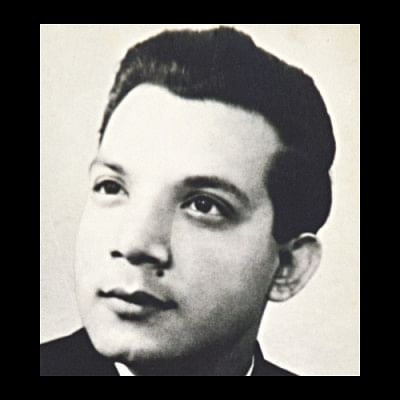
In recent years, scholars are giving greater attention to the concept of destruction of the nation. Many scholars noted that this was always the fundamental aim of genocidal acts. Argentinean scholar Daniel Feierstein noted, "Genocidal social practices are not simply an irrational descent into barbarism fueled by hatred and prejudice, nor are they exceptional phenomenon. On the contrary, they are a specific technology of power for destroying and reorganising social relations that has played a crucial and well defined role at different moments of history." He holds the opinion that murder and terror was used to transform the social fabric of well-established societies. If we take such an approach to understand why the Pakistan Army targeted Bengali nationalists as a whole and intellectuals in particular we can get an idea of this grand design to reorganise the society.
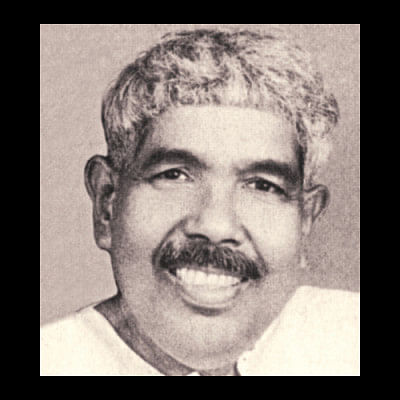
The ideological foundation of the state of Pakistan was the two-nation theory which divided various national groups of the Indian sub-continent into broad category of Hindus and Muslims based religious identity. Every nation is multi-religious; on the other hand every state is multi-national as well as multi-religious. But for Pakistan, its leading proponent Muhammad Ali Jinnah became the sole spokesperson and Islam the sole religious identity which the state uphold as national identity and termed themselves as 'Mulsim nation'. However strong the declaration of religious-national identity may be, it does not make sense in real terms. The importance of national identity over and above the religious one was eloquently expressed by the great linguist and literary historian Dr. Muhammad Shahidullah in his presidential speech delivered at the East Pakistan Literary Conference held in Dhaka on 31 December 1948. He said, "We are Hindus or Muslims that is true, but more than that we are Bengali. This is not an ideological statement, but a real fact. Mother-nature has stamped the Bengali-ness on our forehead and in our language in such a way that no one can cover-up this identity by his beard, prayer cap or lungi, or by Puja flower, sandal wood mark or hair tails." The speech made the members of the ruling class panicky. Expressing deep resentment the West Pakistani Education Secretary rushed to the stage shouting that he is not sure where he is now, in Kolkata or in Dhaka!
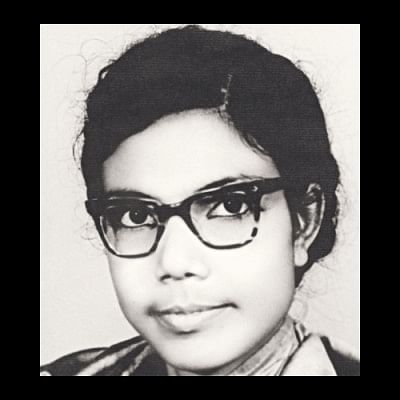
That was the Pakistani mindset which led them to deny the rights of Bengali people, be it cultural, political or economical. Muhammad Ali Jinnah, despite his conciliatory speech in the Constituent Assembly on 14 August, 1947, declared in Dhaka immediately after the emergence of Pakistan that Urdu, and Urdu alone shall be the state language of the land of Muslims. Denial of the language right of the majority Bengali people led to the mass movement of 1952 and subsequent rise of Bengali nationalism.
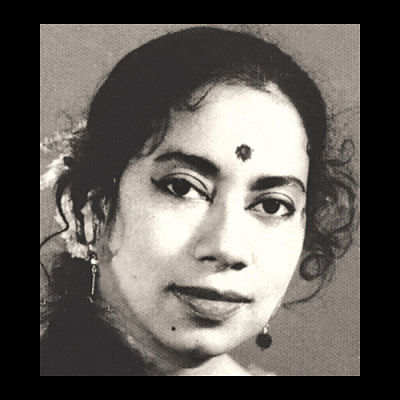
The same mindset of the Pakistani rulers had been reflected in the genocidal acts of 1971, when among others Bengali intellectuals were specially targeted right at the beginning of the armed attack and also at the end of the operation just days before their ultimate defeat. March 25, 1971 was the night of the generals when Pak Army launched their well-prepared and sudden attack against the civilian population. Dhaka University, its student's dormitory, professors quarters were major targets. A chilling account of the time has been furnished by Brigadier A. R. Siddiqui, a Pakistani, in his memoir titled "East Pakistan: The Endgame". He wrote about the staff meeting held in Dhaka Cantonment on 27 March, two days after the operation began: “Everybody exuded confidence and looked fully satisfied with the program of the military operations. Brigadier Jeelani spoke at length about the need for psychological warfare to win over the hearts of the Bengalis. The process of cultural alienation from West Pakistan must be stopped forthwith, he said. Urdu script must replace the Bengali script which was the same as the Hindi script, and all Hindi features of Bengali culture should be erased. There was nothing wrong with the Bengali masses as such; they were a simple God-fearing people. It was the middle class - the teachers, lawyers, intellectuals (mostly Hindus, according to him), who are behind all the un-Islamic ideas and motivation amongst the youth.”Such rhetoric from the ranks of the military leaders reflected the outlook of the army officers and also how the killing machine had been prepared by people incapable of understanding others' views. In the final days of the war, on December 14, 1971 the horrendous killings of intellectuals were executed by Pak Army in close collaboration with Al-Badr, the killing squad composed of the leading student activists of Jamaat-i-Islami. The hatred against the intellectuals lead to their physical annihilation by a joint criminal enterprise of the military leaders and those of a political party blinded by their parochial ideology of religion.
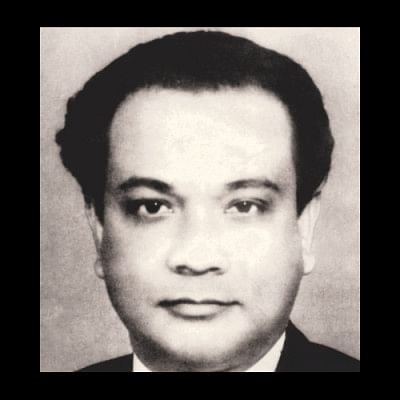
Taking cue from the words 'intent to destroy' used in the Genocide Convention, scholars have referred to the writings of Rafael Lemkin, the jurist who first coined the term 'Genocide'. In his pioneering work 'Axis Rule in Occupied Europe'. Rafael Lemkin maintained that 'genocide' meant "a coordinated plan of different actions aiming at the destruction of essential foundations of the life of national groups, with the aim of annihilating the groups themselves." He wrote, "Genocide has two phases: one, destruction of the national pattern of the oppressed group: the other, the imposition of the national pattern of the oppressor."
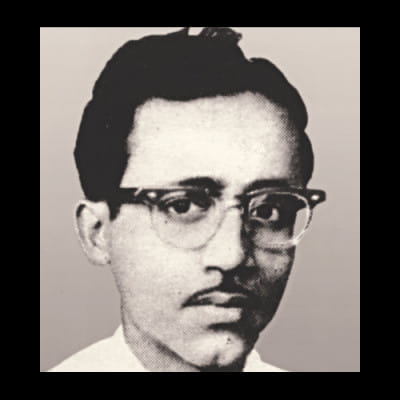
One can analyse the history of Pakistan from the point of view of the oppressor and the oppressed. One can see how Pakistan became a colonial state with imposition of the oppressor's notion of 'national' identity and its imposition on the land of Bengalis under their domination. Anything related with Bengali language and culture was obnoxious to them. They tried to destroy the essential foundation of Bengali national group, by denying the right of their mother language. When they failed to deny such fundamental right of the majority population of the land they tried to distort the language with various proposals like changing the script into Arabic, thoughtless introduction of Urdu-Arabic-Persian words in the Bengali text etc. At the same time they tried to portray Rabindranath Tagore, the greatest Bengali poet, as one who was an alien to the culture and literature of people of East Pakistan. Rebel Poet Kazi Nazrul Islam was repackaged, in some case revised, to make him 'Islamic'. There were many other examples which clearly showed that the Pakistanis were determined to destroy the essential foundation of the Bengali nation.

Recently, Professor Marc Sherman of International Association of Genocide Scholars circulated a few questions among the IAGS members asking when the first article about Holocaust was published or when the first Ph.D on the subject was awarded. From the reply it became clear that first academic references did not appear before 1955. Similarly, we can make a search for the first use of the word 'genocide' in relation to Pakistani acts towards the Bengali people. We know that 'Selective Genocide' was the word used by Archer C. Blood, the then US Consul General in Dhaka, as early as on 30 March, 1971. Anthony Masscarenhas report published in the Sunday Times in mid-July had the bold headline "Genocide". Zahir Raihan's epic documentary "Stop Genocide" was made and released in August, 1971. But the first person to use the term 'Genocide' pointing out the pattern of domination over the Bengali people of East Pakistan was Dr. Muhammad Shahidullah. Being a philologist and scholar per excellence he was familiar with the new word incorporated in the dictionary. While addressing the conference of college teachers held at Comilla in 1951 he said, "We must protest against imposition of other language. This imposition will be tantamount to the genocide of East Bengalees."
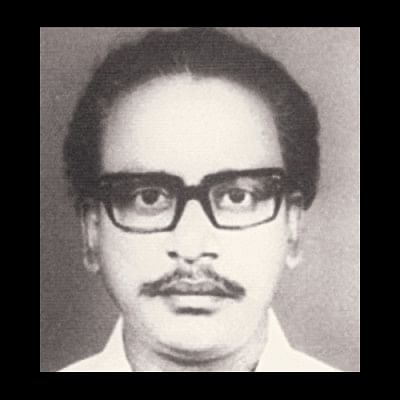
The Pakistanis tried to destroy the national pattern of the Bengali people by denying their language, cultural, economic and political rights through dictum and coercion. When these means proved inadequate to thwart the rise of Bengali nationalism and resistance of the people they resorted to most brutal military acts. Such brutalities caused the death of three million including the intellectuals. It is important to study the ideology of hatred that dehumanised certain section of the population and transformed them into thoughtless murderers.
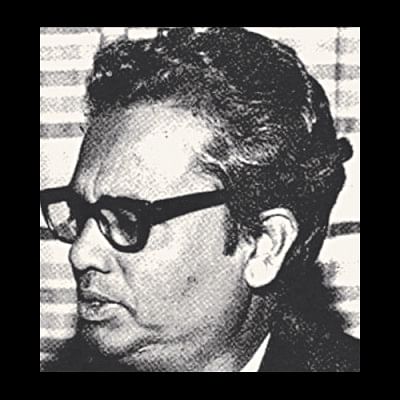
Ending the long period of denial of justice, Bangladesh ultimately succeeded in bringing the perpetrators of genocidal crimes to justice and International Crimes Tribunal of Bangladesh delivered verdict in the major cases of perpetrators accused of genocidal acts and crimes against humanity including the crime of annihilation of the intellectuals. In the court the accused were sitting on the dock watching the proceedings, they were nonchallant, showed no remorse and did their best to avoid punishment. The court scene called for serious analysis of the mind and character of the perpetrators.
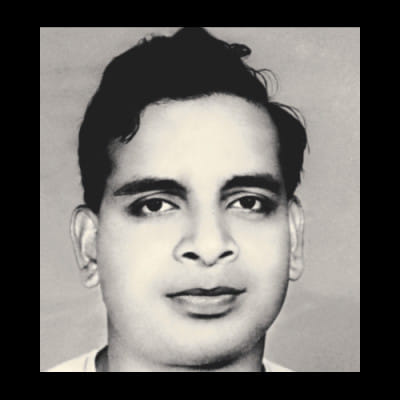
Here an interesting analogy can be found in the court reporting done by philosopher and social historian Hannah Arendt during the Eichmann trial in Jerusalem. In her view it was not a surfeit of ideology that had driven Eichmann to commit his crimes, but a deficit of thought. Hannah was struck more by Eichmann's banality, "his inability ever to look at thing from the other fellow's point of view. The longer one listened to him, the more obvious it became that inability to speak was closely connected with an inability to think, namely to think from the stand point of somebody else." Arendt found Eichmann as a person who never realized what he was doing.
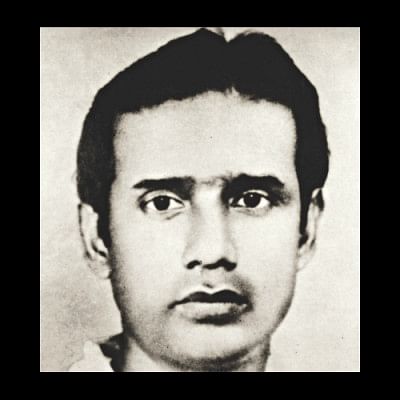
Banality of evil was the feature identified by Hannah Arendt in her depiction of the perpetrators of mass atrocities. There was another feature of 'excess cruelty' that has been pointed out by scholars like Daniel Janah Goldhagen in his recent studies. International Crimes Tribunal of Bangladesh found reflection of excess cruelties in the way intellectuals were tortured and then murdered. Goldhagen observed, "Cruelty is a common feature of elimationist assaults. Cruelty is also an enormously significant aspect of them. Yet such cruelty remains little analysed and poorly understood."
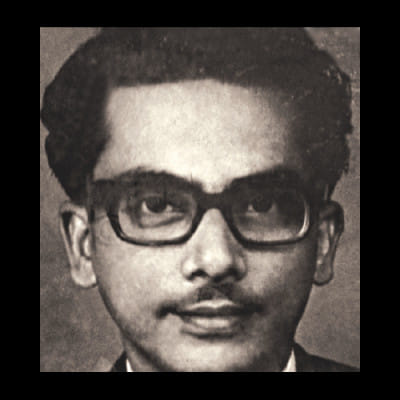
It is obvious that the killing of Bengali intellectuals calls for further study from various angles and only through such studies we can understand not only how the intellectuals were killed but why they were targeted and killed with excess brutality. It is imperative for us to learn the lessons from history, the excess cruelty which remained little analysed and poorly understood.
The writer is a war crimes researcher and Liberation War Museum trustee.

 For all latest news, follow The Daily Star's Google News channel.
For all latest news, follow The Daily Star's Google News channel. 



Comments